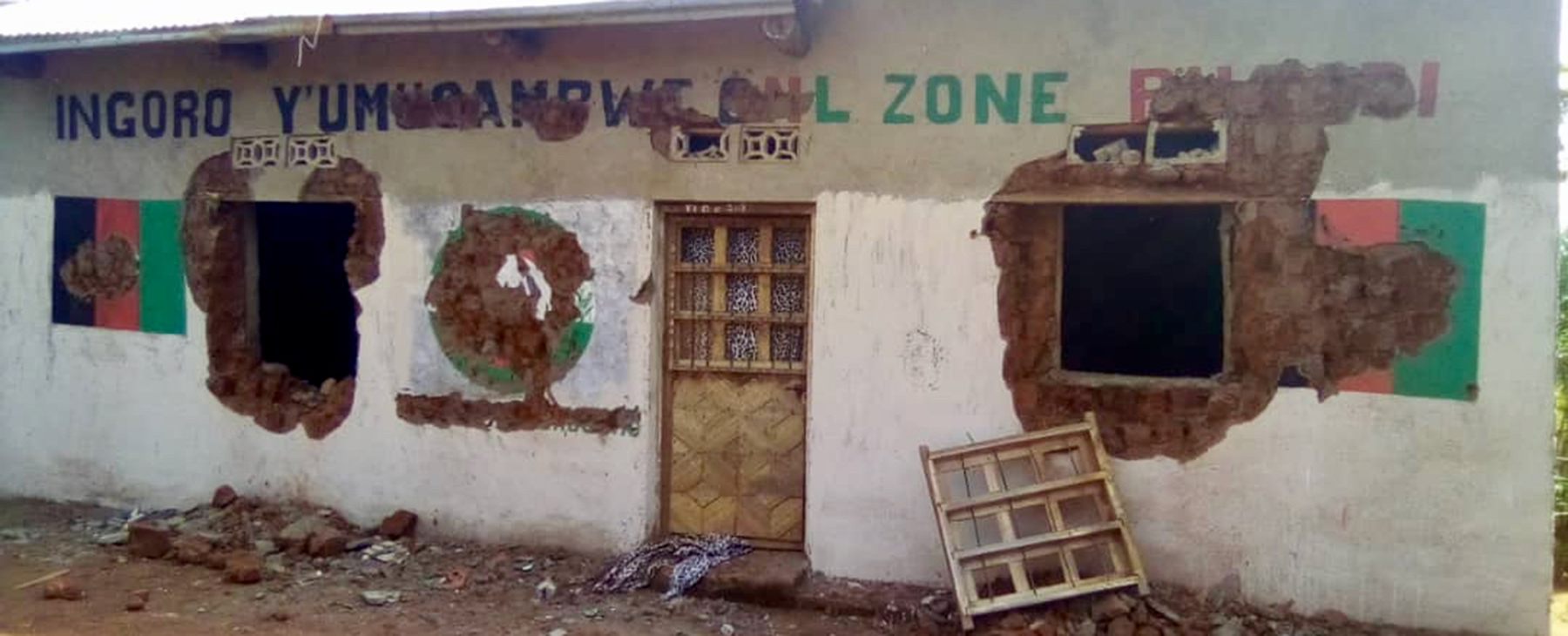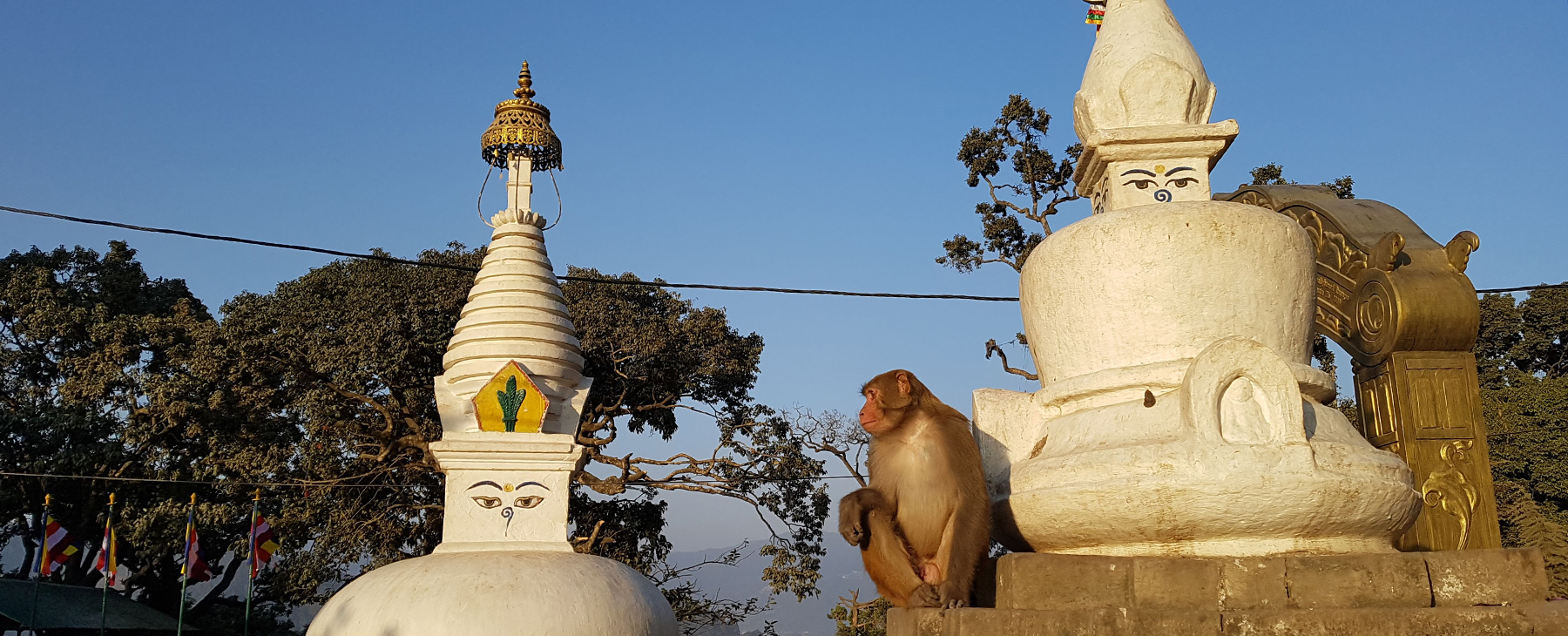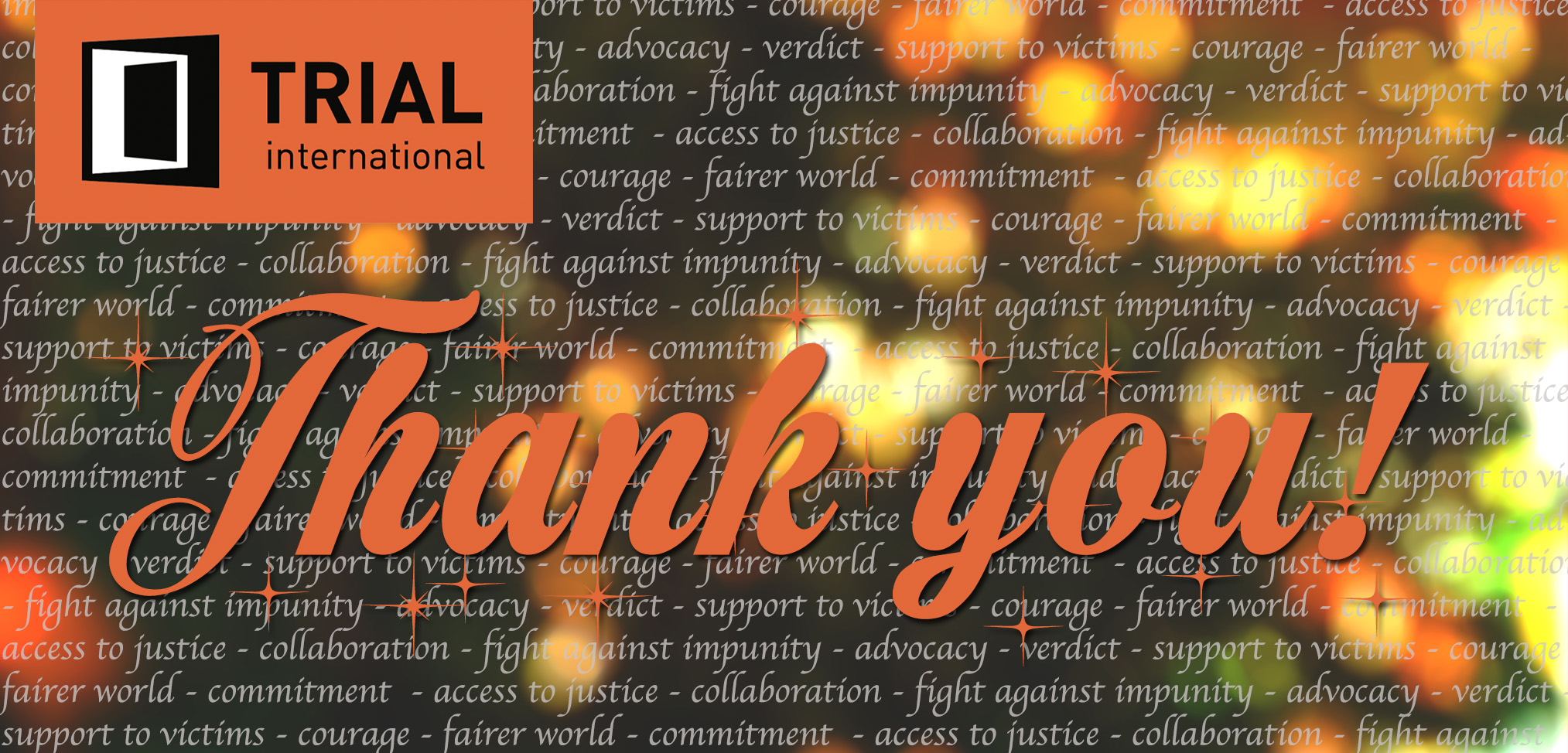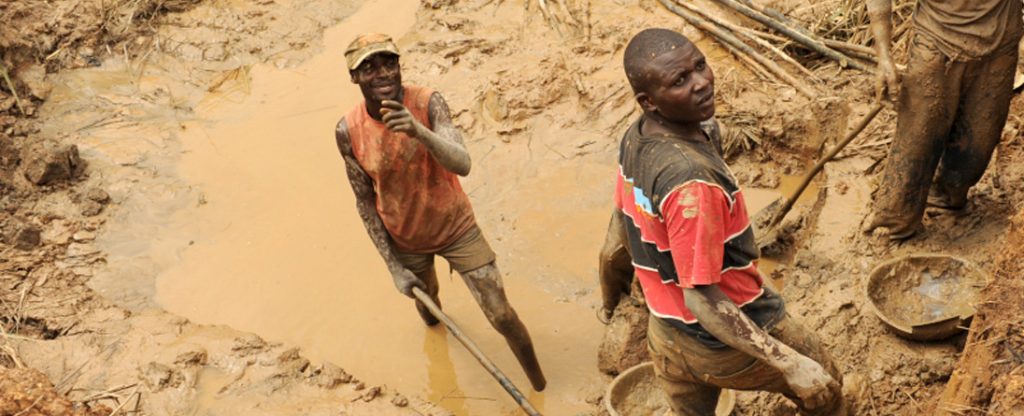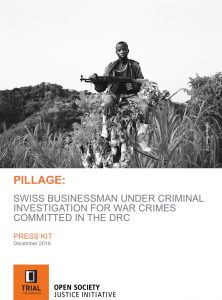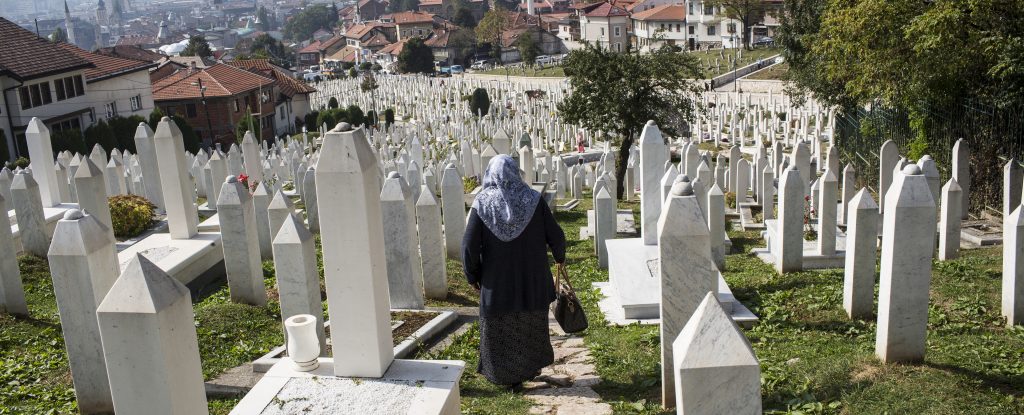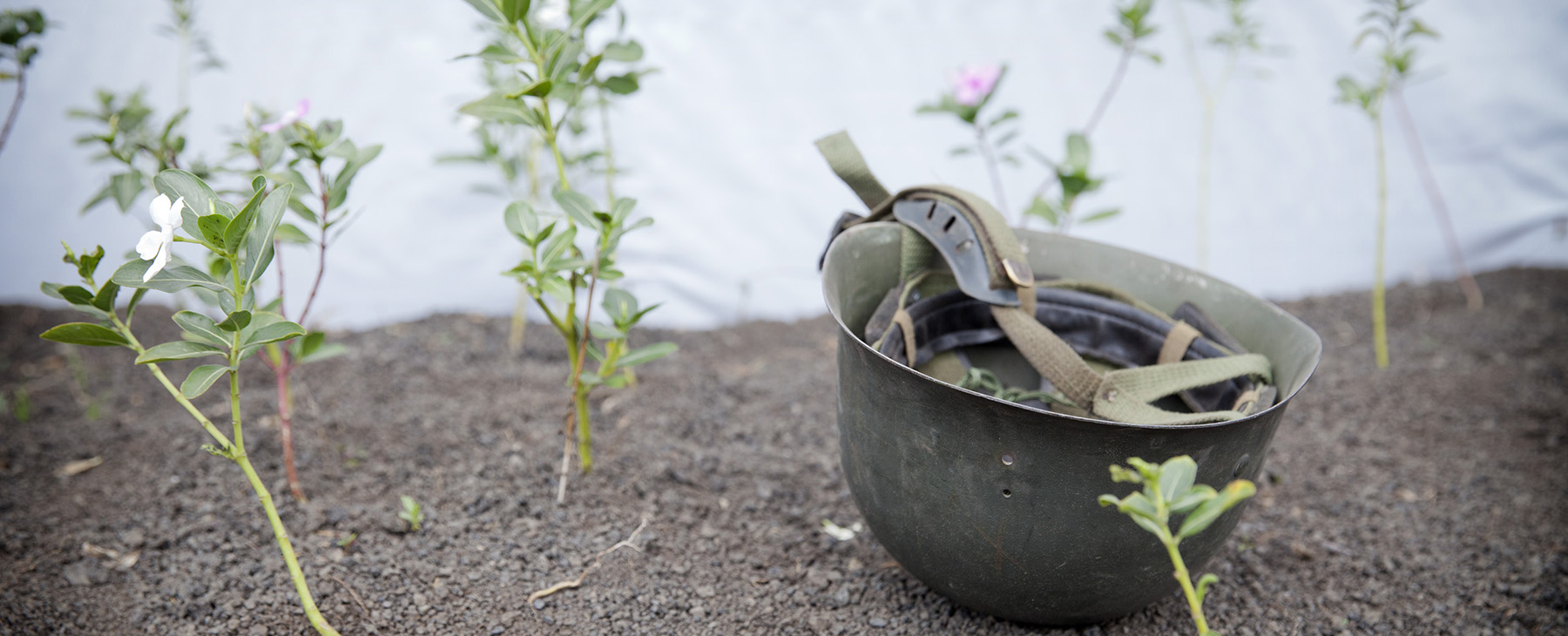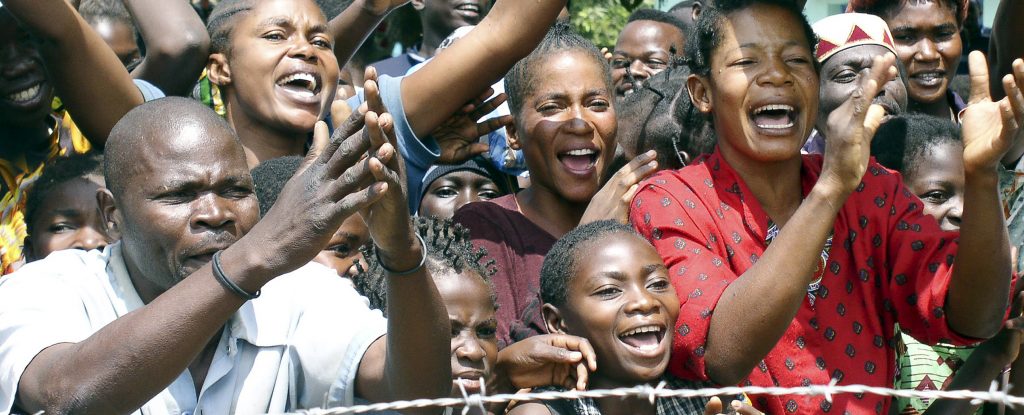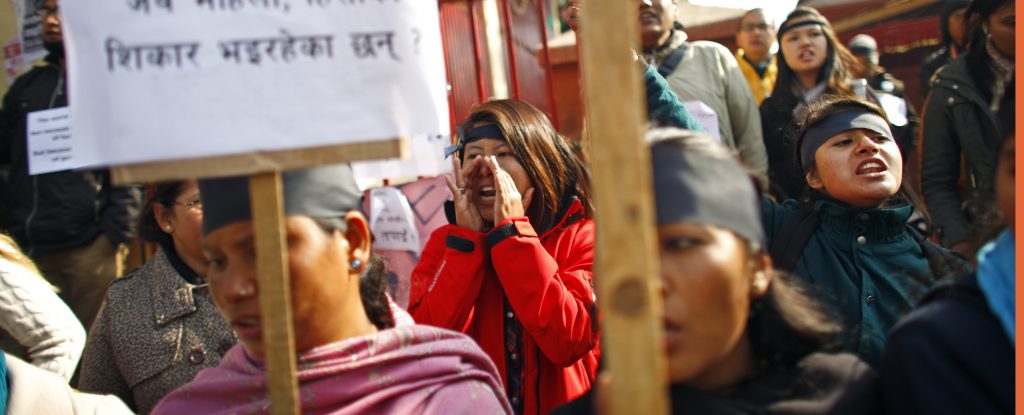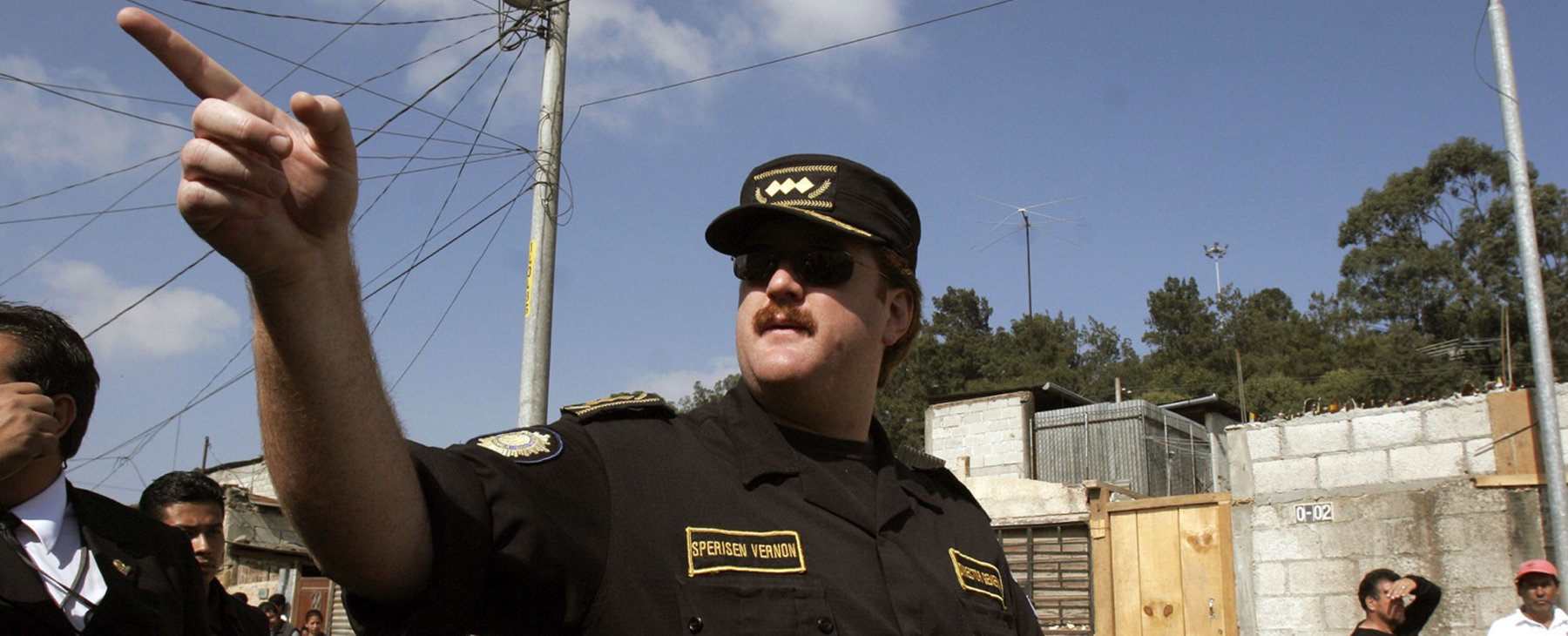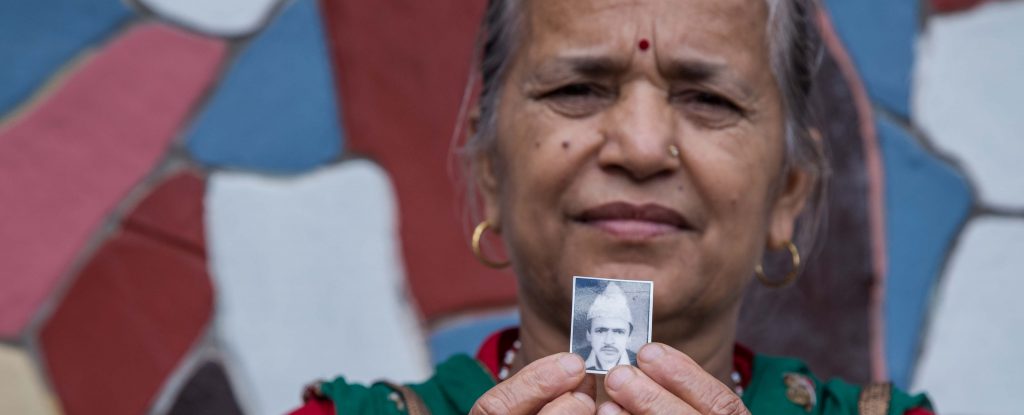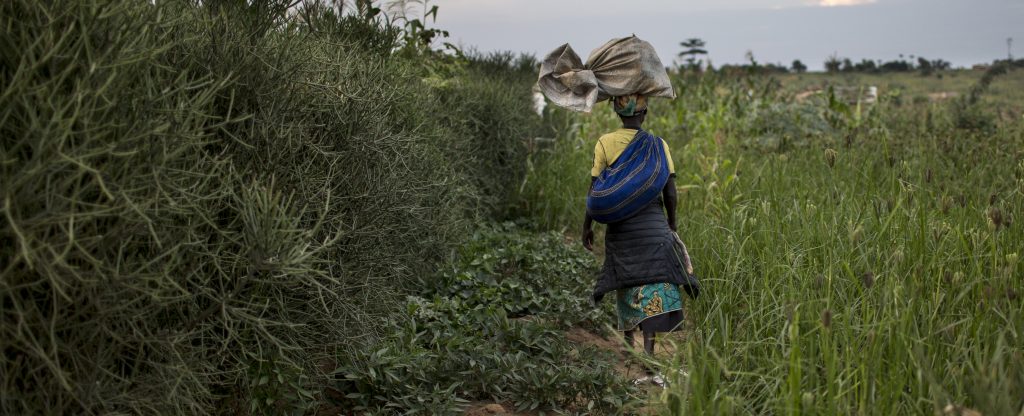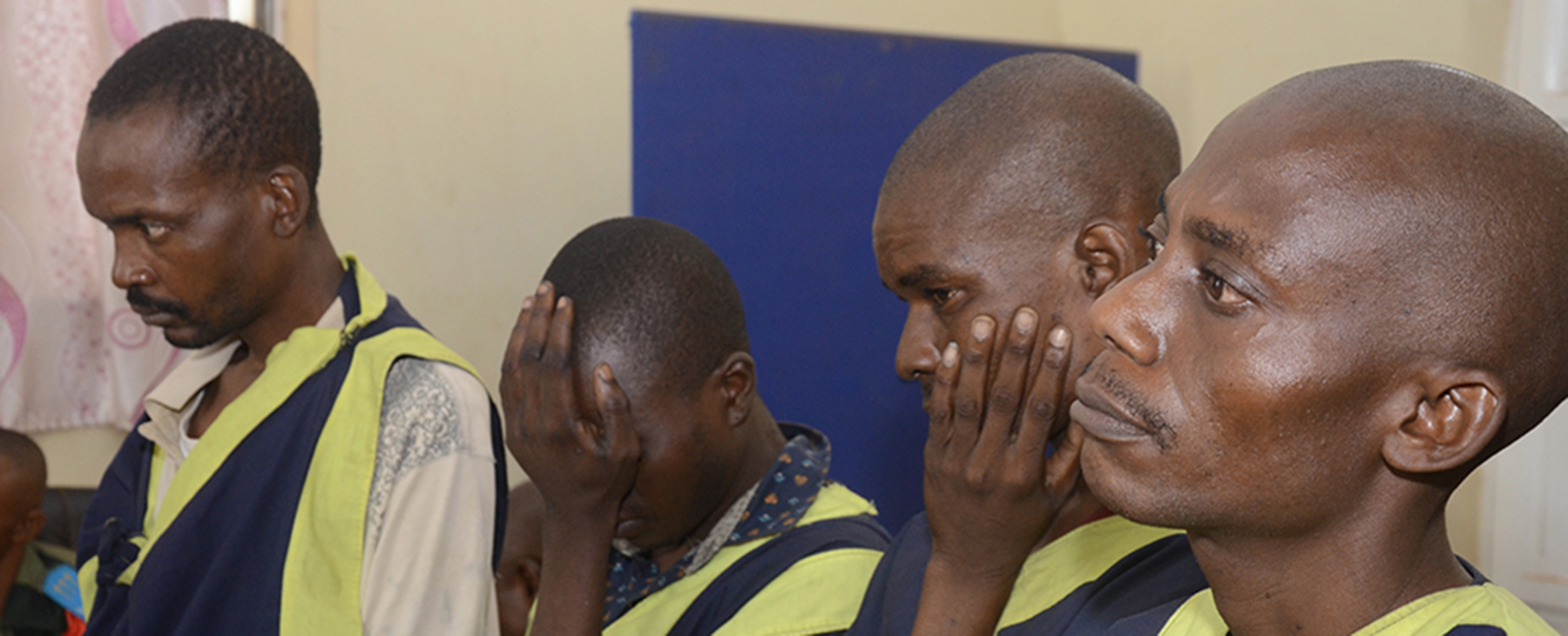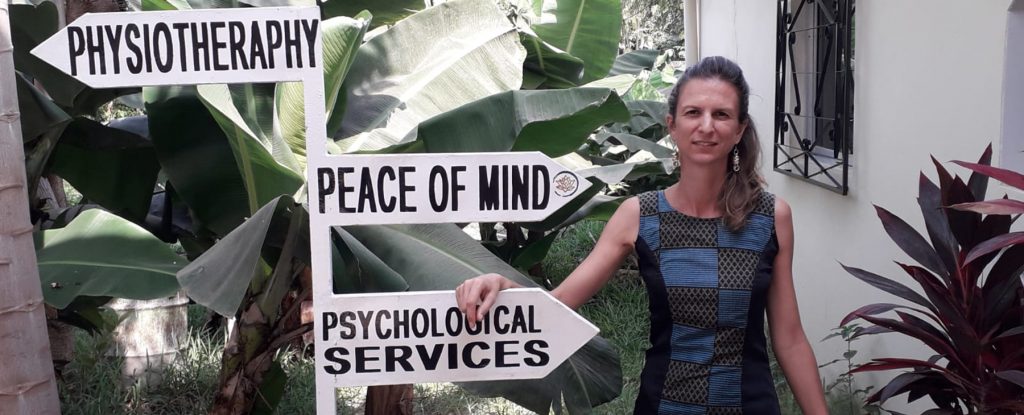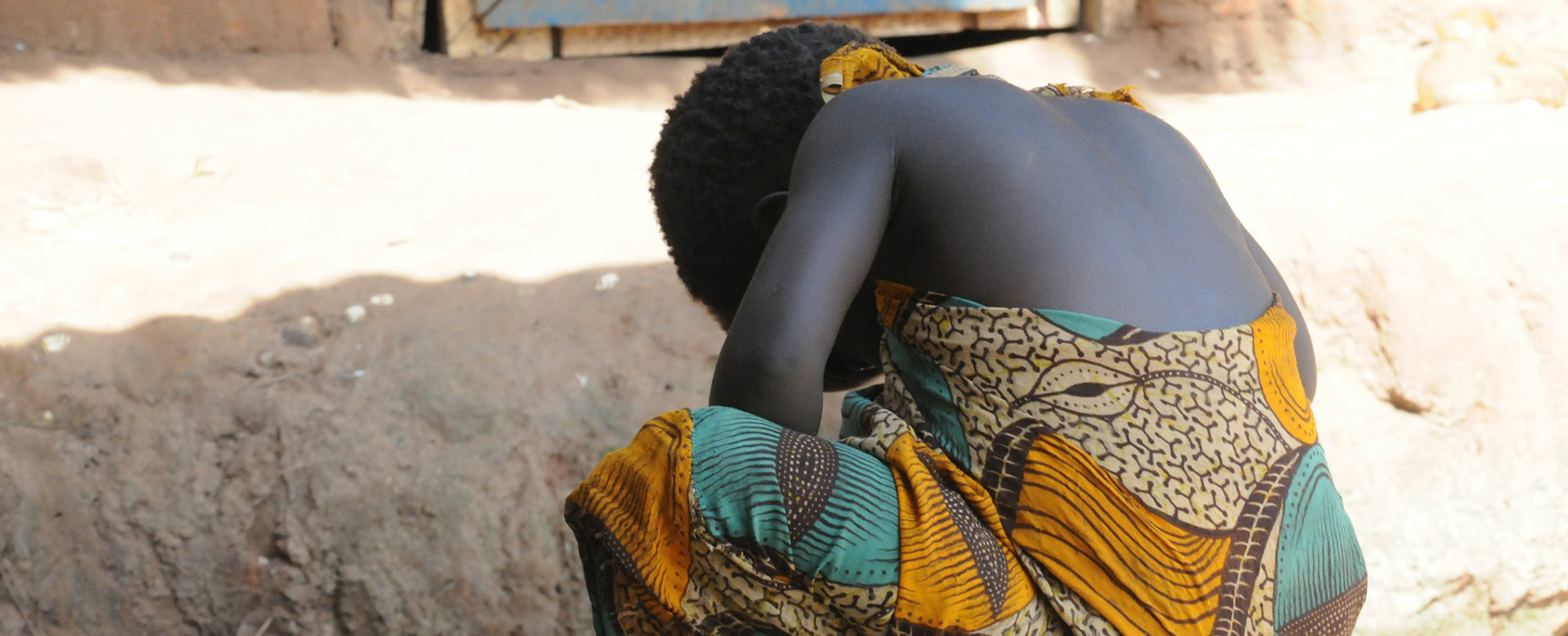Former Gambian President Yahya Jammeh seems to be preparing the ground for a return to The Gambia. TRIAL International reiterates that the former president should not enjoy immunity from international law. Along with 19 NGOs and associations from the Jammeh2justice campaign, TRIAL International affirms that the accusations against the former head of state are too serious to envisage such a scenario.
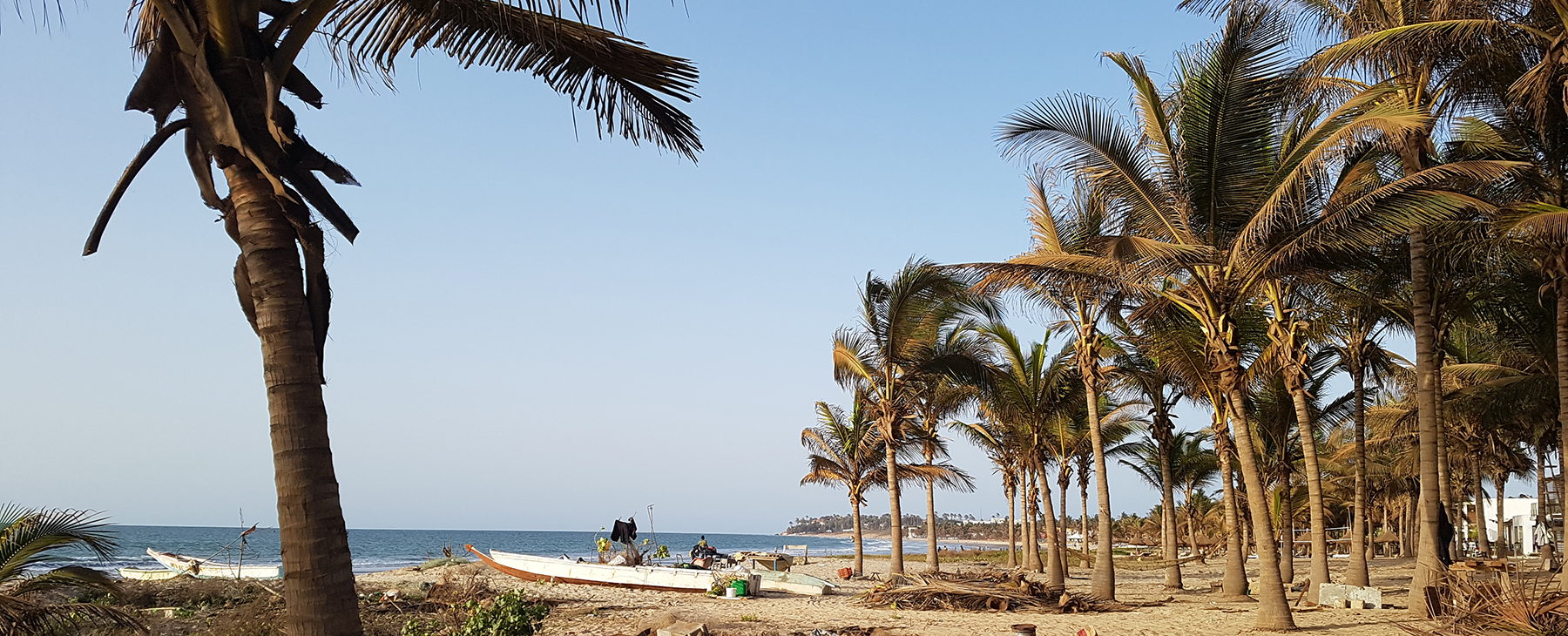
In 2017, Yahya Jammeh ceded power after 22 years of authoritarian rule and went into exile in Equatorial Guinea. Lately, the ex-president has been preparing the ground for his possible return to The Gambia, while reneging on a declaration negotiated back in 2017. However, the document in question – which has not been ratified by the Gambian authorities – does not provide any kind of immunity for the former head of state, suspected among other things of torture, sexual violence, extrajudicial executions and crimes against humanity. The declaration only stresses that the fundamental rights of the ex-president must be respected – like those of any Gambian citizen – including access to a fair trial. But in no way is it an exemption from legal proceedings.
Furthermore, Gambian transitional justice, notably through the Truth, Reconciliation and Reparation Commission (TRRC), has already shed light on the multiple human rights violations committed by the regime of Yahya Jammeh. Any amnesty for serious crimes would indeed violate international law. Such a scenario is therefore out of the question.
The international bodies on whose initiative the declaration was prepared – the United Nations Office for West Africa, the African Union Commission and the Economic Community of West African States – must urgently clarify the situation and support The Gambia in its transitional justice process.
Gambian Minister of Justice’s comments welcomed
“If former President Yahya Jammeh ever comes back to this country, he will face immediate arrest and charges of the most serious kind” Gambian Minister of Justice, Abubacarr Tambadou, reaffirmed on 19 January 2020.
While the efforts of Yahya Jammeh are worrying for the continuation of the transitional justice process in The Gambia, the words of the Minister of Justice offer reassurance. The Minister has also effectively recognized that crimes against humanity were committed in The Gambia between 1994 and 2017 during the Jammeh regime. He has also confirmed that the culprits identified by the TRRC will be prosecuted.
By making it clear that the former president will have no special treatment, Minister Abubacarr Tambadou has sent a strong message to The Gambia, making hopes that it will consolidate its justice process.

